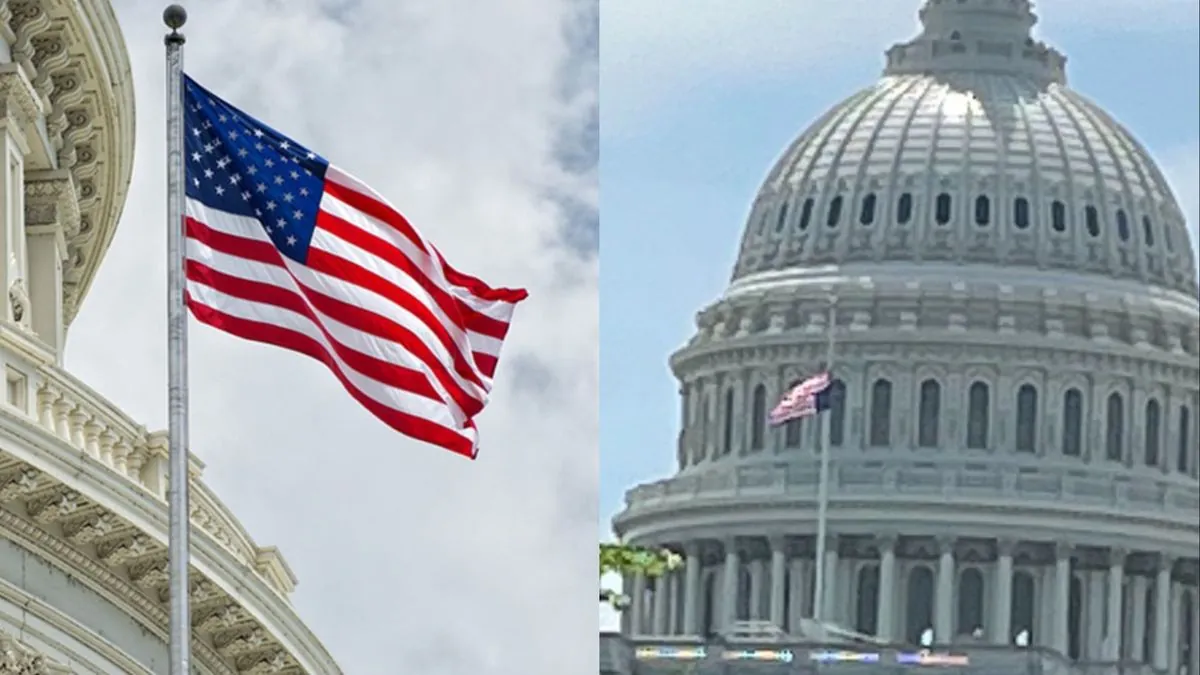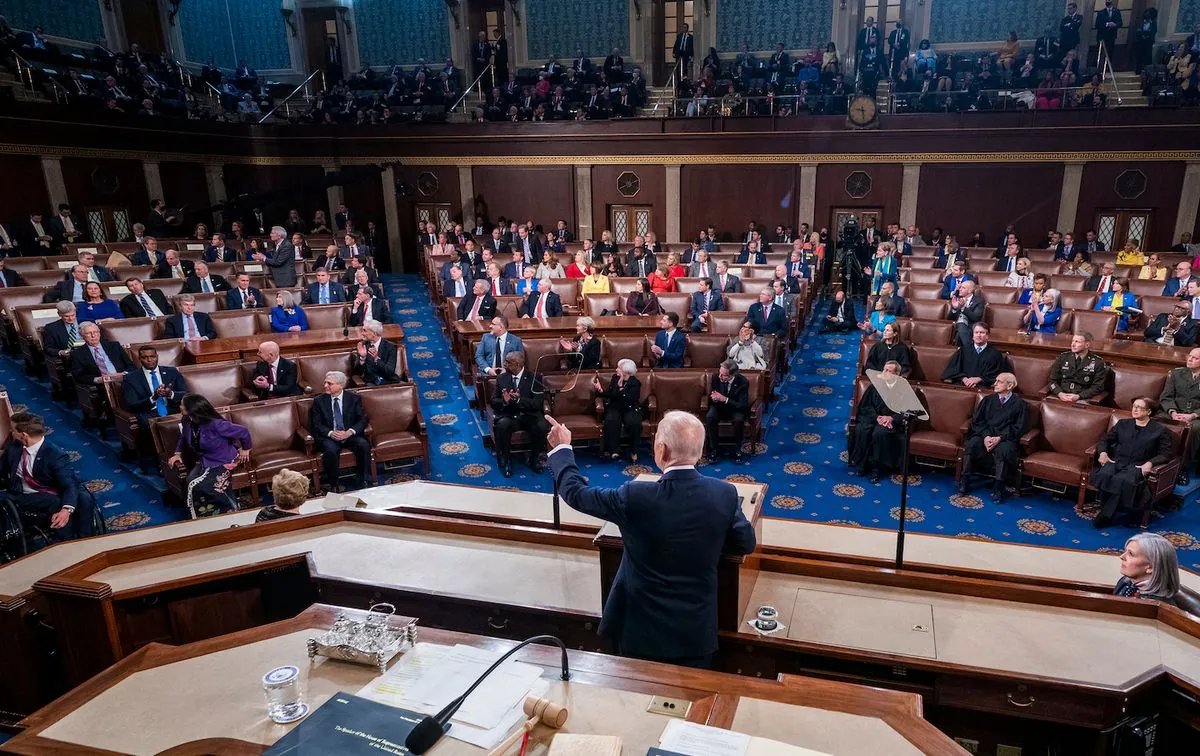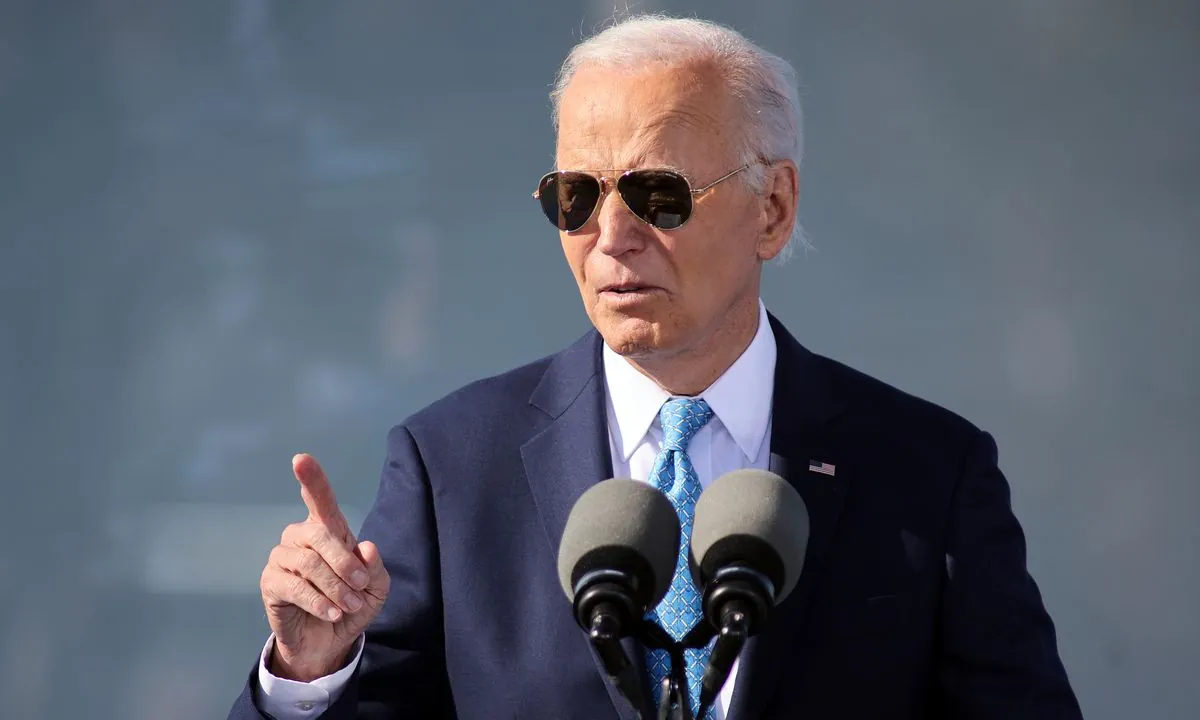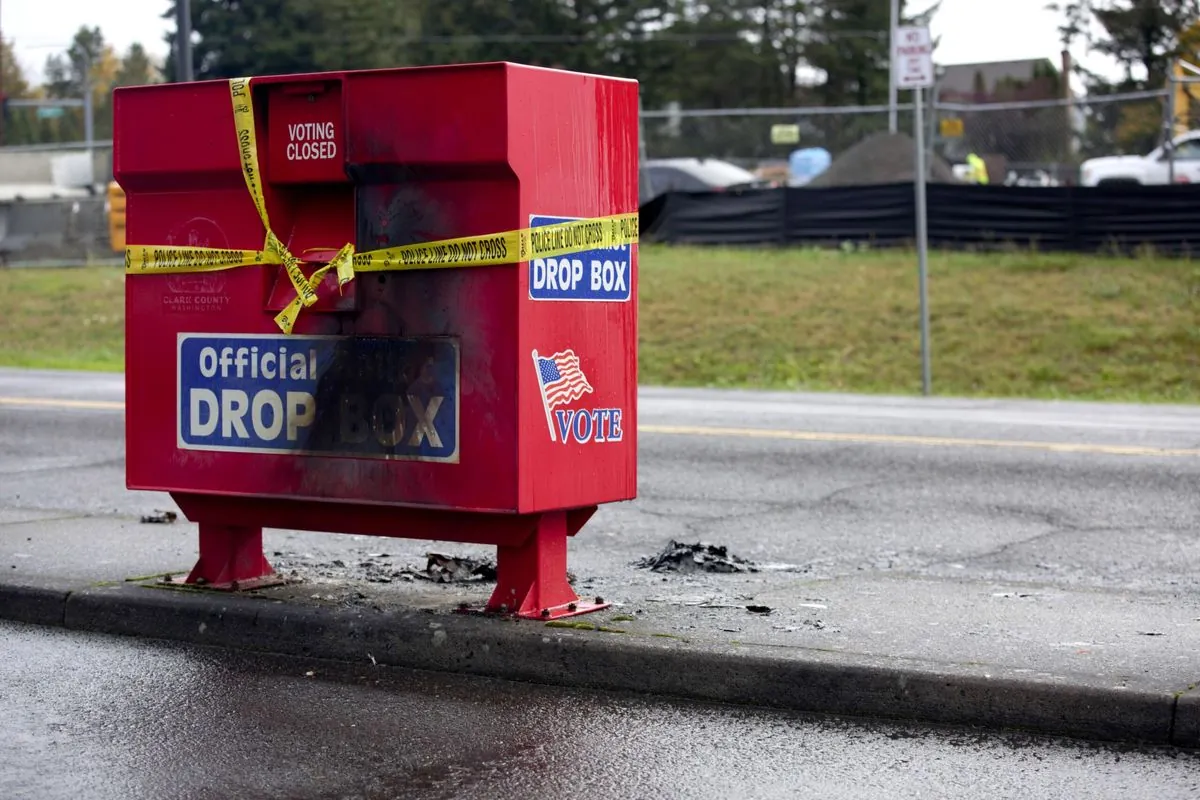House to Vote on Controversial Voter Citizenship Proof Requirement
U.S. House set to vote on government funding bill linking budget to voter citizenship proof mandate. Speaker Johnson pushes for vote amid Republican divisions and Democratic opposition.

The U.S. House of Representatives is poised to vote on a contentious government funding proposal on September 20, 2024. Speaker Mike Johnson's plan ties federal budget allocation to a requirement for states to demand citizenship proof during voter registration.
This legislative move comes amid ongoing debates about election security and voter identification. While non-citizen voting in federal elections is already prohibited, some Republicans argue for stricter measures. The proposal has sparked division within the GOP and faced strong opposition from Democrats.

Johnson remains committed to holding the vote, despite uncertainty about its success. He stated, > "I urge all of my colleagues to do what the overwhelming majority of the people of this country rightfully demand and deserve — prevent non-American citizens from voting in American elections."
[[Speaker Mike Johnson]]
The Speaker's determination reflects the growing focus on voter identification laws across the nation. As of 2024, 36 states have implemented laws requiring or requesting voters to present ID at polling stations. However, the United States lacks a national identity card system, unlike many other countries.
Chuck Schumer, the Senate Majority Leader, criticized the proposal, calling it "doomed to fail" and emphasizing the need for bipartisan cooperation to prevent a government shutdown. The current fiscal year ends on October 1, 2024, leaving lawmakers with limited time to reach an agreement.
The debate extends beyond voter identification to the duration of the proposed funding extension. Some Republicans advocate for a six-month extension, anticipating potential leverage after the November 2024 presidential election. Democrats and certain GOP members prefer a shorter-term solution.
Mitch McConnell, the Senate Republican leader, stressed the importance of avoiding a government shutdown, stating, > "The one thing you cannot have is a government shutdown. It would be politically beyond stupid for us to do that right before the election because certainly we would get the blame."
[[Senate Republican Leader Mitch McConnell]]
This legislative battle unfolds against the backdrop of the U.S. electoral system's complexities. The Constitution does not explicitly mandate citizenship for voting, and some local jurisdictions permit non-citizen residents to participate in local elections. However, federal law prohibits non-citizens from voting in federal elections.
As the House prepares for this crucial vote, the outcome remains uncertain. The decision will have significant implications for both government operations and the ongoing debate surrounding election integrity in the United States.


































